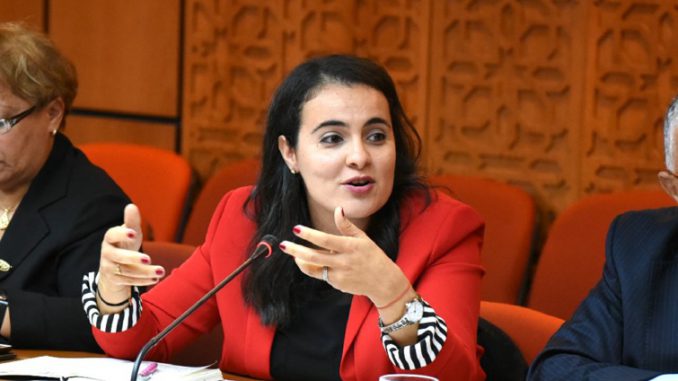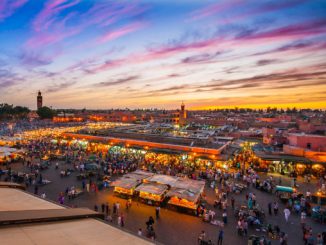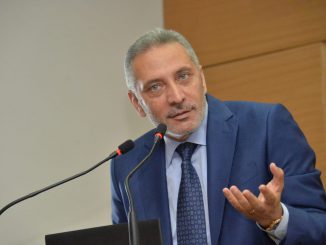
These young political figures are committed, ambitious, and supported by their elders. Portrait of these new figures who, in Parliament, in the parties or in the ministries, want to bring citizens closer to the public arena.
“It’s not always easy to be listened to by our elders when you’re starting out in politics,” admits Imane Benrabia, a 35-year-old member of the country’s oldest party, the Istiqlal. Yet the young woman’s skills are increasingly being put to good use by the secretary general, the 50-year-old Nizar Baraka. Imane Benrabia is one of the few women MPs to take up issues such as ecology and sustainable development: “Some subjects affect one age group more than others. Party leaders, if they are attentive, notice this. »
A way of referring to a recurrent criticism addressed to the political class: by its composition, it would be disconnected from a society whose median age is around 30 years. Today, however, only 14% of members of parliament are younger than this average. Moreover, in 2017, just over 30 per cent of 18-24 year olds were registered to vote. The lack of interest of young citizens in the exercise of democracy poses a nagging question that is often proposed to be answered by increasing the representation of those under 50.
Since 2011, an effort has been made in this direction: the electoral law reserves 30 of the 395 seats for young people through a system of “national lists” (already used to ensure a minimum representation of women). On the other hand, few under-50s head ministries or parties. The youngest minister in the Othmani II government, formed in 2019, is Mohamed Amekraz. The 34-year-old youth leader of the Justice and Development Party (JDP) did not expect to be called to the Ministry of Labour by the head of government, whom he had given a hard time to deal with in the Islamist party. “Mohammed VI recommended me to propose a profile from the youth of our party,” said Saadeddine El Othmani.




Be the first to comment